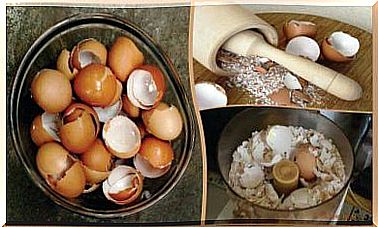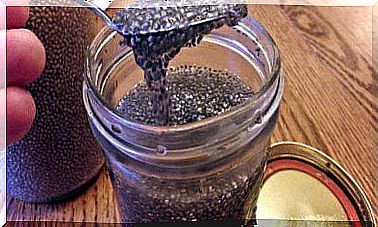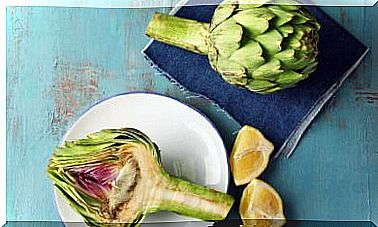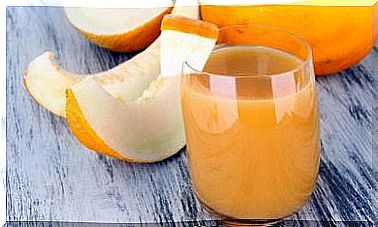Find Out How To Make Orange Marmalade

Jam, jelly, and marmalade are several preserving options that are ideal for preserving fruit for extended periods of time. If you like citrus fruits, you can try this orange marmalade. So you always have it at hand to accompany and prepare your favorite treats!
For example, it is perfect for spreading on a soft slice of bread or for filling a homemade cake or pie. But it is also delicious to sweeten yogurt or with a piece of fresh cheese.
Making your own jam and other fruit preserves is not complicated at all. In fact, sugar and fruit are the only ingredients you need. You do have to let it cook for a while so it does require a bit of patience.
The ingredients to make orange marmalade
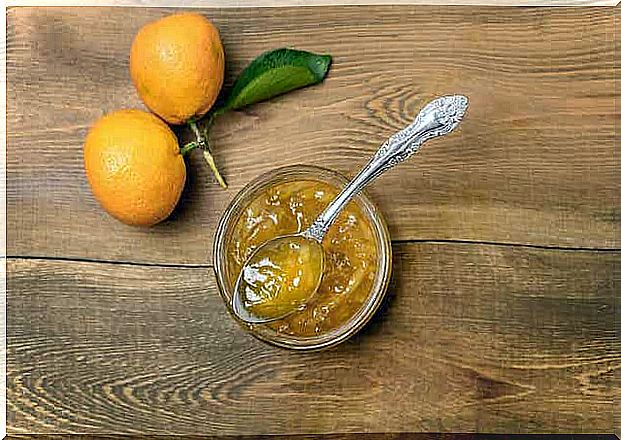
You can make more or less marmalade, as long as you keep the same sugar-to-fruit ratio according to the weight of the fruit (once the skin is removed). With the quantities indicated below you can fill about 4 medium-sized jars.
- 1 kg oranges
- 500 grams sugar (depending on the weight of peeled fruit)
- the zest of 2 oranges
The preparation of orange marmalade
- First, wash the oranges well under a jet of water.
- Then remove only the orange part of the peel of 2 oranges with a fine peeler or a sharp knife. It is better to avoid the white part, because that can give a bitter taste to the marmalade. Cut this peel into very thin strips or small cubes.
- Then peel all the oranges, remove the pips and weigh the pulp. You need half the weight of sugar.
- Then cut the fruit into small pieces.
- Place a saucepan or saucepan with the orange pieces over medium heat and turn the heat down when it starts to boil. Let it cook for about 15 minutes.
- Then add the sugar and the chopped orange peel strips. Then let everything cook together for another 45 minutes. Keep an eye out to prevent the marmalade from burning.
- Then check whether the marmalade is ready. Do this by scooping a little marmalade onto a plate and then tilting the plate. If the marmalade spreads easily, then it needs a little more cooking time. Otherwise you can turn off the fire.
- Now your orange marmalade is ready to put in sterilized glass jars. So you can use the marmalade whenever you feel like it.
Tips for storing the orange marmalade
In order to enjoy orange marmalade for a long time and safely, preparation, packaging and storage are important. That is why you should carefully follow the recommendations of food safety experts.
In this case, we recommend cleaning the glass jars with hot water and storing them until you are ready to use them. Once the jam is ready, fill the jars to about 1/2 inch from the top.
Close the jars and place them in a pan of water. When it starts to boil, wait between 5 and 10 minutes. Then let them cool to room temperature. They are now ready to be kept in the pantry.
According to the National Center for Home Food Preservation , orange marmalade will last up to a year by following all these steps. If you keep it in a dry, cool and dark place , it can keep all its original quality and taste.
You should keep in mind that changes in texture or color may occur during this time. However, if the packaging is properly sealed and the stored food shows no signs of spoilage, it is still safe to eat.
The benefits of oranges
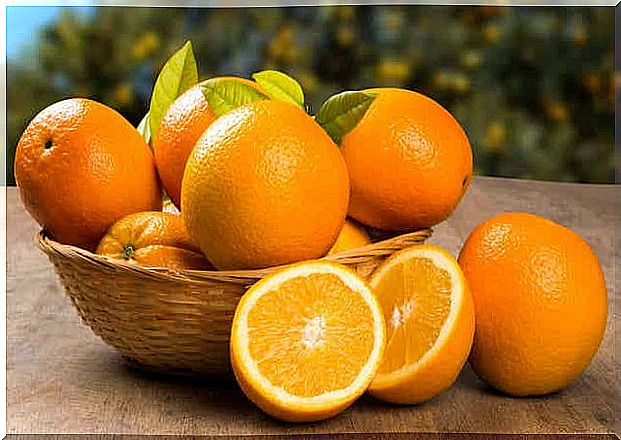
Oranges are a universal fruit and one of the most eaten fruits around the world. It is the fruit of the sweet orange tree ( Citrus x Aurantium ) which belongs to the citrus family.
They are distinguished by the presence of a number of nutrients and other components that make them a very healthy food. We will explain some of their main features below.
They are light and nutritious
Oranges and fruits in general are light and hydrating foods because much of their weight is made up of water. They also contain natural sugars, fiber, vitamin C, thiamine and potassium.
Oranges are an important source of vitamin C
Of the servings of fruit recommended daily, one should provide a significant amount of vitamin C. This includes not only oranges, but also pineapple, kiwi, mandarins, strawberries and papayas. This vitamin is necessary for many bodily functions such as:
- the production of collagen.
- the healing of wounds.
- the absorption of iron.
- the proper functioning of the immune system.
Protection of the heart
A diet rich in plant-based foods is good for cardiovascular health. According to a review of studies published by the International Journal of Epidemiology , fruit and vegetable intake is associated with a lower risk of cardiovascular disease.
Positive results are shown with a daily intake of at least 800 grams of vegetable products. These include oranges, apples, pears, green leafy vegetables and cruciferous vegetables.
Antioxidant
The antioxidant capacity of citrus fruits is one of the properties that has sparked scientific interest in recent years. Studies show that this type of fruit can be considered a good source of antioxidants.
They are interesting compounds that should be present in the daily diet as they have been linked to the prevention of various chronic and degenerative diseases.
Skin protection
A deficiency of vitamin C often manifests itself in skin problems, such as difficult healing, dryness or brittle skin. Experts therefore believe that the presence of sufficient vitamin C in the diet can be beneficial in this regard.
Currently, studies show that a diet rich in fruits and vegetables prevents the aging of the skin and improves its appearance. In part, this may be due to vitamin C.
In addition, the presence of beta-carotene and other phytochemicals in oranges has been shown to protect against damage from solar radiation. This is the conclusion of a study published in 2012 by the American Journal of Clinical Nutrition .
The supply of antioxidants (including beta-carotene) thus increases the skin’s defenses against radiation, provides long-term protection and contributes to skin health. However, its use is not as effective as using adequate sunscreens.
Orange marmalade can’t replace an orange
If you like oranges and the combination of sweetness with citrus, this marmalade recipe is for you. Orange marmalade is a little treasure thanks to its taste and the countless benefits that oranges provide to the body.
However, jams and other preserves like this marmalade contain a significant amount of sugar. Therefore, it is not a good idea to replace the intake of fresh fruit with these types of products.
To avoid a very high consumption of added sugar, we recommend that you keep it to eat occasionally or in small quantities. In addition, people who want to limit the presence of added sugar should try other low-sugar jams.
If you like this fruit and this recipe, we recommend that you prepare it especially when the oranges are at their best. That way you get a marmalade of the highest quality, with all the flavor for a much cheaper price.
